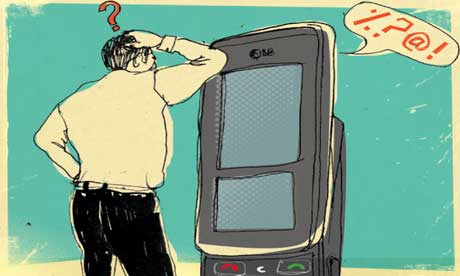Jim Sleeper got me. We’d had our debates all those years ago but I was always fond of him. So, when we had our disagreements, it was a disagreement. I figured he believed what he believed and that was that.
But when we had lunch recently, after having been out of touch for several years, he intimated to me that he’d changed his mind about some of his old positions. He was not explicit and I did not challenge him. That would have been rude.
Mr. Sleeper has a piece at TPM Cafe now that absolutely blows me away. This is the thing. He was always a thinker, seriously assessing problems that afflict our society, especially when it comes to race, and the mind-bending ways that we go about not solving them.
Constraining us all to define our citizenship and even our personhood more and more by race and ethnicity in classrooms, workrooms, courtrooms, newsrooms, and boardrooms, today’s liberalism no longer curbs discrimination; it invites it. It does not expose racism; it recapitulates and, sometimes, reinvents it. Its tortured racial etiquette begets racial epithets, as surely as hypocrisy begets hostility. And it dishonors’ liberals’ own heroic past efforts to focus America’s race lens in the 1950s and ’60s, when conservative pieties about color blindness concealed monstrous injustices.
— Introduction to Liberal Racism, Jim Sleeper, 1997
In his TPM Cafe piece, he was taking a measure of Shelby Steele, a man I have no respect for but for whom, Mr. Sleeper, once upon a time, had high regards. Steele came out with a book, A Bound Man: Why We Are Excited About Obama and Why He Can’t Win, right before the presidential primaries and caucuses began.
His dismantling of Steele is so deeply thought out, so complex, yet methodical that it would not do justice to try and quote any passage without taking it out of context. It is a great read.
Some of Mr. Sleeper’s books, The Closest of Strangers and Liberal Racism: How Fixating on Race Subverts the American Dream, are available at Amazon.com. He wrote so well (and still does) about these issues that we really ought to go back and re-read what he said and reassess some of his observations about our society, our culture.
A good place to start, at least until you receive your books from Amazon, is Mr. Sleeper’s website at jimsleeper.com.

 Mastectomy Before Breast Cancer: One Woman’s Choice-In a new book, TV writer Jessica Queller faces up to carrying the BRCA gene mutation By Beth Brophy
Mastectomy Before Breast Cancer: One Woman’s Choice-In a new book, TV writer Jessica Queller faces up to carrying the BRCA gene mutation By Beth Brophy Might Mobile Phones Kill More People Than Smoking Or Asbestos? by Christian Nordqvist, Medical News Today
Might Mobile Phones Kill More People Than Smoking Or Asbestos? by Christian Nordqvist, Medical News Today

 Yesterday, the leading Democratic candidate for President, Sen. Barack Obama of Illinois, came to New York City to deliver a major speech on the economy right at the time when the economy appears to be teetering on the edge of a deep recession.
Yesterday, the leading Democratic candidate for President, Sen. Barack Obama of Illinois, came to New York City to deliver a major speech on the economy right at the time when the economy appears to be teetering on the edge of a deep recession. I remember carrying around Robert
I remember carrying around Robert  I can’t say that I’ve ever spent much time pondering why they call this class of computer electronics ‘smart phone,’ but now that John Lancaster
I can’t say that I’ve ever spent much time pondering why they call this class of computer electronics ‘smart phone,’ but now that John Lancaster  If you’re Apple, I would have to think
If you’re Apple, I would have to think